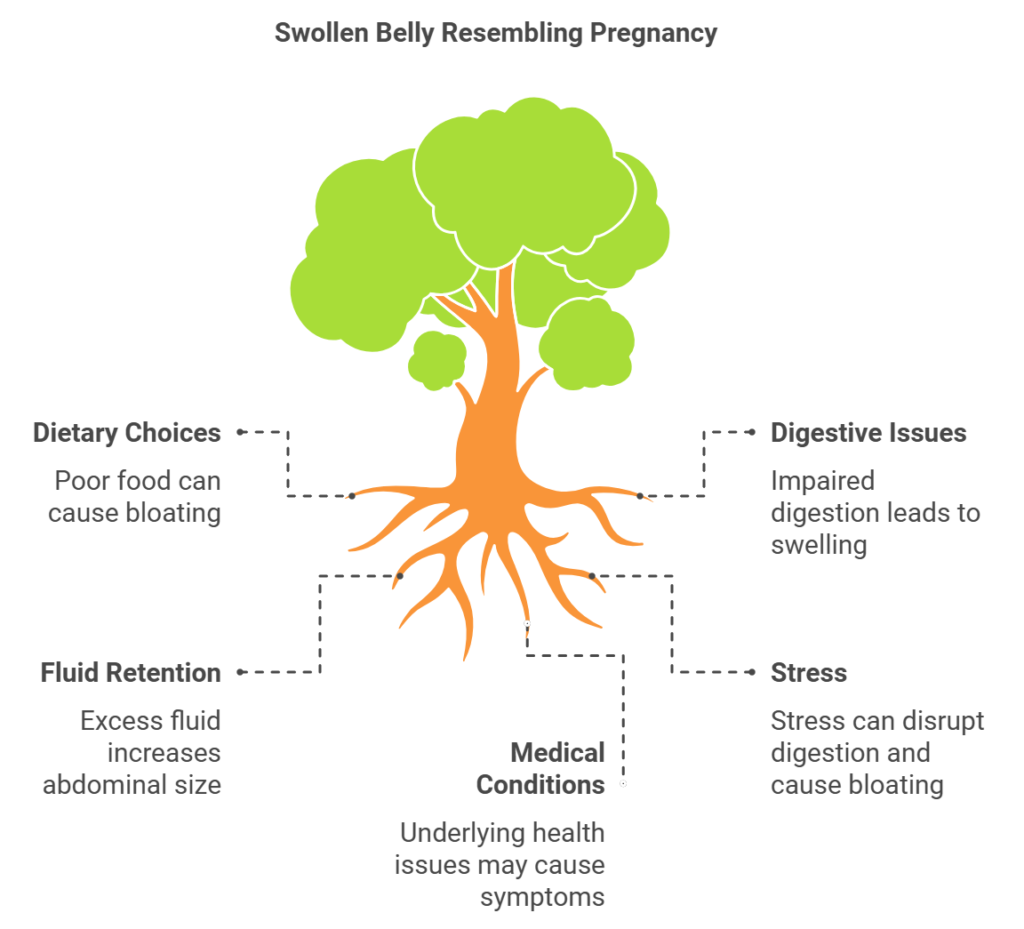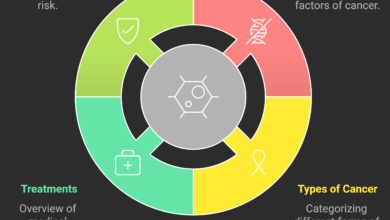aufgeblähter bauch wie schwanger: Causes, Solutions, and When to Seek Help

aufgeblähter bauch wie schwanger Have you ever looked in the mirror and noticed that your stomach appears swollen—so much so that it almost looks like you’re a few months pregnant? If so, you’re not alone. A bloated belly that resembles pregnancy is a common issue that can leave you feeling uncomfortable and self-conscious. Let’s dive into the possible causes, remedies, and when it’s time to consult a doctor.
What Causes a Bloated Belly That Looks Like Pregnancy?
There are several reasons why your belly might appear enlarged and bloated, ranging from harmless dietary habits to underlying health conditions.
1. Digestive Issues and Gas Build-Up
Digestive problems are among the most common causes of a bloated belly. When your digestive system struggles to break down certain foods, it can lead to excessive gas production. This trapped gas can cause your abdomen to swell significantly.
Certain foods like beans, broccoli, and carbonated drinks are notorious for causing gas. Additionally, eating too quickly or chewing gum frequently can introduce excess air into your stomach, worsening the problem.
If you notice that your bloating worsens after meals, you might be dealing with food sensitivities or intolerances. For instance, lactose intolerance or gluten sensitivity can trigger bloating as your body struggles to digest these substances.
2. Hormonal Fluctuations
For women, hormones can play a significant role in how the body feels and functions. During the menstrual cycle, hormonal changes can lead to water retention and bloating. This type of bloating is temporary and usually subsides once hormone levels stabilize.
Pregnancy-like bloating can also be linked to conditions like Polycystic Ovary Syndrome (PCOS) or premenstrual syndrome (PMS), which can cause abdominal swelling and discomfort.
3. Stress and Its Impact on Digestion

It’s no secret that stress wreaks havoc on the body, but did you know it can also affect your gut? Stress can slow down digestion, causing food to remain in your stomach for longer periods. This delay can lead to fermentation of food, gas build-up, and that dreaded bloated belly.
Additionally, stress can disrupt the balance of gut bacteria, making bloating a recurring issue. If you find that your bloating is more frequent during periods of high stress, it might be time to prioritize relaxation techniques.
How to Reduce a Bloated Belly That Resembles Pregnancy
Luckily, there are many ways to alleviate bloating. With some simple lifestyle adjustments and home remedies, you can often get relief.
1. Adjust Your Diet
Your food choices can make or break your digestive comfort. Start by identifying foods that may be triggering your bloating. Keep a food diary to track what you eat and note any discomfort afterward.
- Avoid Trigger Foods: Cut back on high-sodium foods, carbonated drinks, and artificial sweeteners.
- Eat Slowly: Chewing your food thoroughly and eating at a moderate pace can reduce the amount of air you swallow.
- Incorporate Fiber Wisely: While fiber is essential for digestion, too much can cause bloating. Gradually increase your fiber intake and drink plenty of water to avoid issues.
2. Stay Hydrated
Dehydration can make bloating worse by causing your body to hold onto water. Aim for at least 8 glasses of water a day to keep your digestive system functioning smoothly.
Drinking herbal teas like peppermint or ginger tea can also soothe your stomach and help alleviate bloating. These teas are known for their digestive benefits and can provide quick relief.
3. Move Your Body
Regular physical activity is a great way to reduce bloating. Even a short walk after meals can help stimulate digestion and reduce gas build-up. Exercises like yoga, particularly poses that target the abdomen, can also be effective in relieving bloating.
When Should You See a Doctor About Persistent Bloating?
While occasional bloating is normal, chronic or severe bloating could indicate an underlying medical condition. Here are some red flags to watch out for:
1. Persistent or Severe Pain
If your bloating is accompanied by intense abdominal pain that doesn’t go away, it’s important to seek medical advice. Conditions like irritable bowel syndrome (IBS), gallstones, or even an intestinal blockage can cause such symptoms.
2. Unexplained Weight Loss
If you’re experiencing bloating alongside significant, unexplained weight loss, it’s time to consult a doctor. This could be a sign of a more serious condition, such as celiac disease or even cancer in rare cases.
3. Additional Symptoms
Symptoms like fever, vomiting, blood in the stool, or difficulty swallowing should never be ignored. These could be signs of infections, ulcers, or other gastrointestinal disorders.
Preventing Bloating: Long-Term Tips for a Happy Belly
Preventing a bloated belly requires a combination of good habits and a bit of mindfulness.
1. Maintain a Balanced Diet
A well-rounded diet that includes plenty of fruits, vegetables, lean protein, and whole grains is key. Probiotic-rich foods like yogurt, kefir, and fermented vegetables can also promote a healthy gut microbiome, reducing bloating.
2. Practice Mindful Eating
Eating when you’re relaxed and focusing on your meals can improve digestion. Avoid multitasking while eating, as this can lead to overeating and swallowing excess air.
3. Stay Active
Incorporate regular physical activity into your routine, even if it’s just a daily 30-minute walk. Staying active helps regulate your digestive system and prevents bloating from becoming a recurring problem.
Final Thoughts
A bloated belly that looks like pregnancy is often a temporary and harmless condition, but it can still be incredibly frustrating. Understanding the causes, implementing lifestyle changes, and knowing when to seek medical advice can make all the difference.
Remember, your body is unique, and what works for one person might not work for another. Be patient with yourself, and don’t hesitate to reach out to a healthcare professional if your symptoms persist. A happy, healthy belly is possible with the right approach!
Sie können auch lesen



One Comment